Depression Era Shopping Tips That Still Save Money
It wasn’t always convenient, but every penny helped.
At the start of the Great Depression farmers had to be held back by police while their farms were auctioned off, customers stormed banks demanding to withdraw their money, and people high and low in the world of commerce lost their jobs. While conditions eased somewhat throughout the decade, many of the worst areas of poverty were hit with droughts and floods just when good crops were needed most. During this period even those who were weren’t destitute often had to scrimp on food to make ends meet. Here are some grocery shopping tips from the era that are still saving people money to this day.
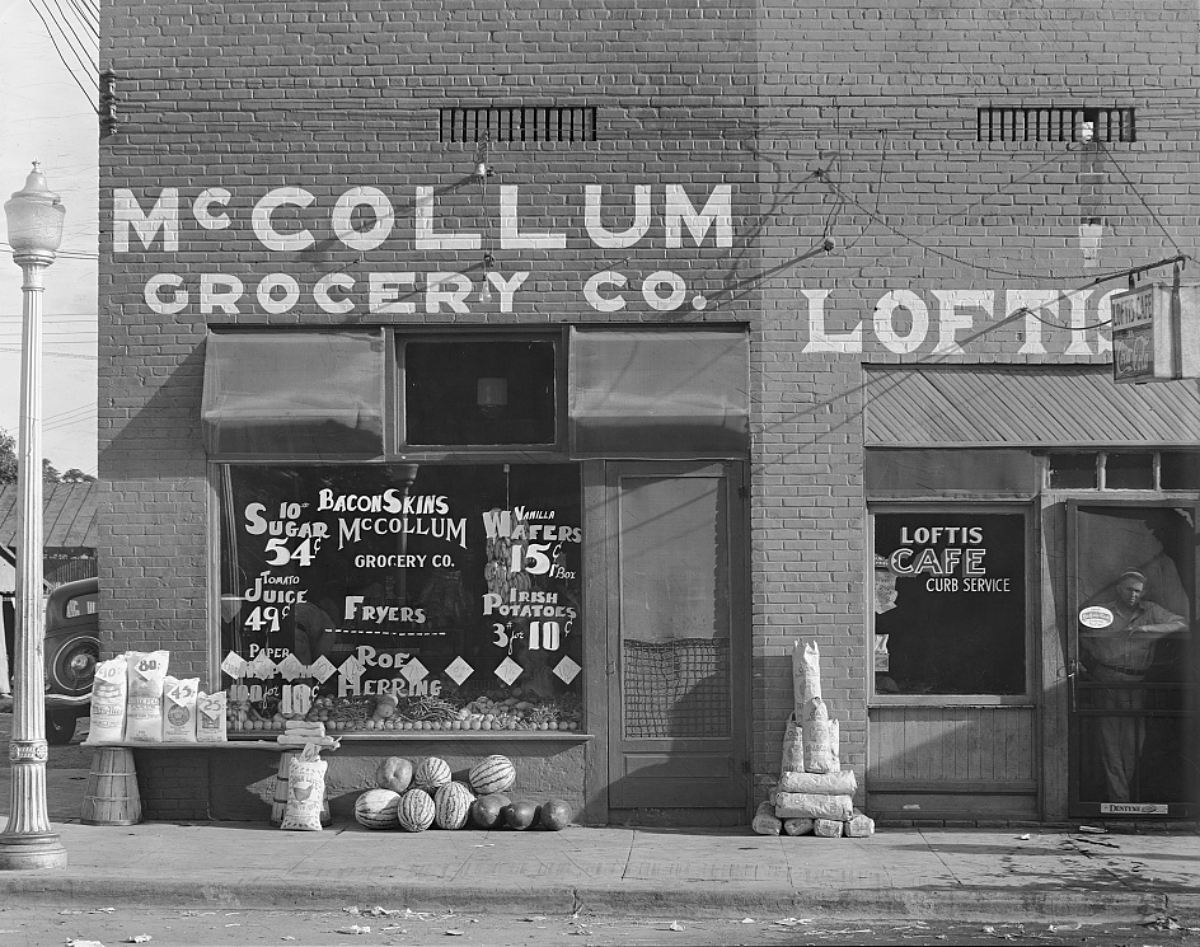
Spend More to Spend Less
If you have the cash now and there’s a larger size on sale or a free promotion it makes sense to spend a little more to get the extras while you have the money in hand. Personal portions are always the most expensive and bulk sizes are always the cheapest (per ounce or pound).
Promotions were an incredibly effective marketing tool during the 1930s as many families built up their china cabinets and linen closets with dishes and towels that were hidden inside laundry soap boxes or were send-away “gifts” acquired with proof-of-purchase and perhaps a small shipping fee. Every penny saved added up to more money for clothes or electricity and so it was a good deal- provided you weren’t already too strapped for cash.
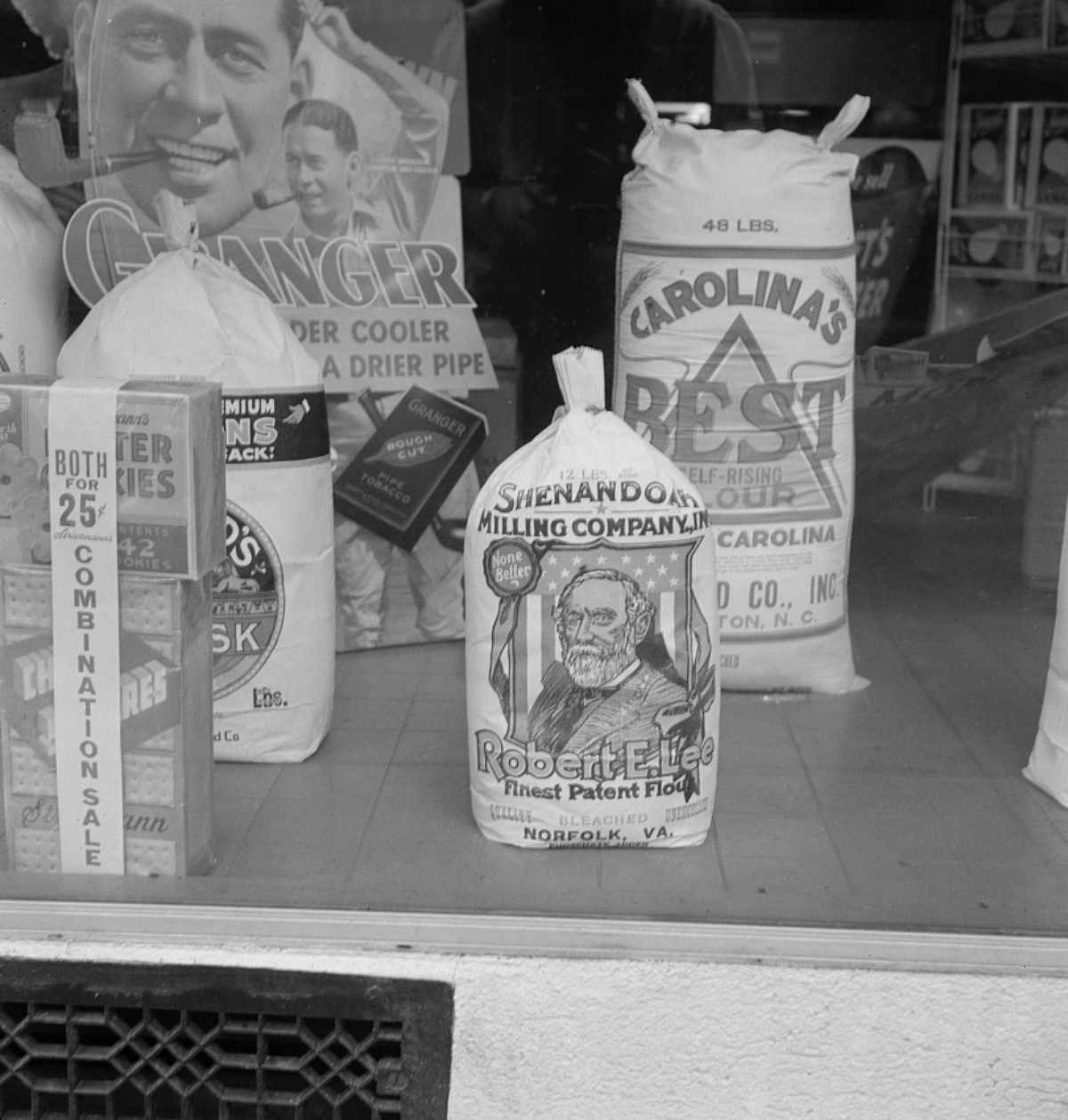
Grow Your Own
If you could grow your own tomatoes, squash, corn, and raise your own chickens your grocery list would shrink by quite a bit. Many people with any kind of land who could garden during this era did since it was such an efficient way to cut down on grocery costs.
Home canned goods could last well into the winter months and save money the whole year round from just one growing season.
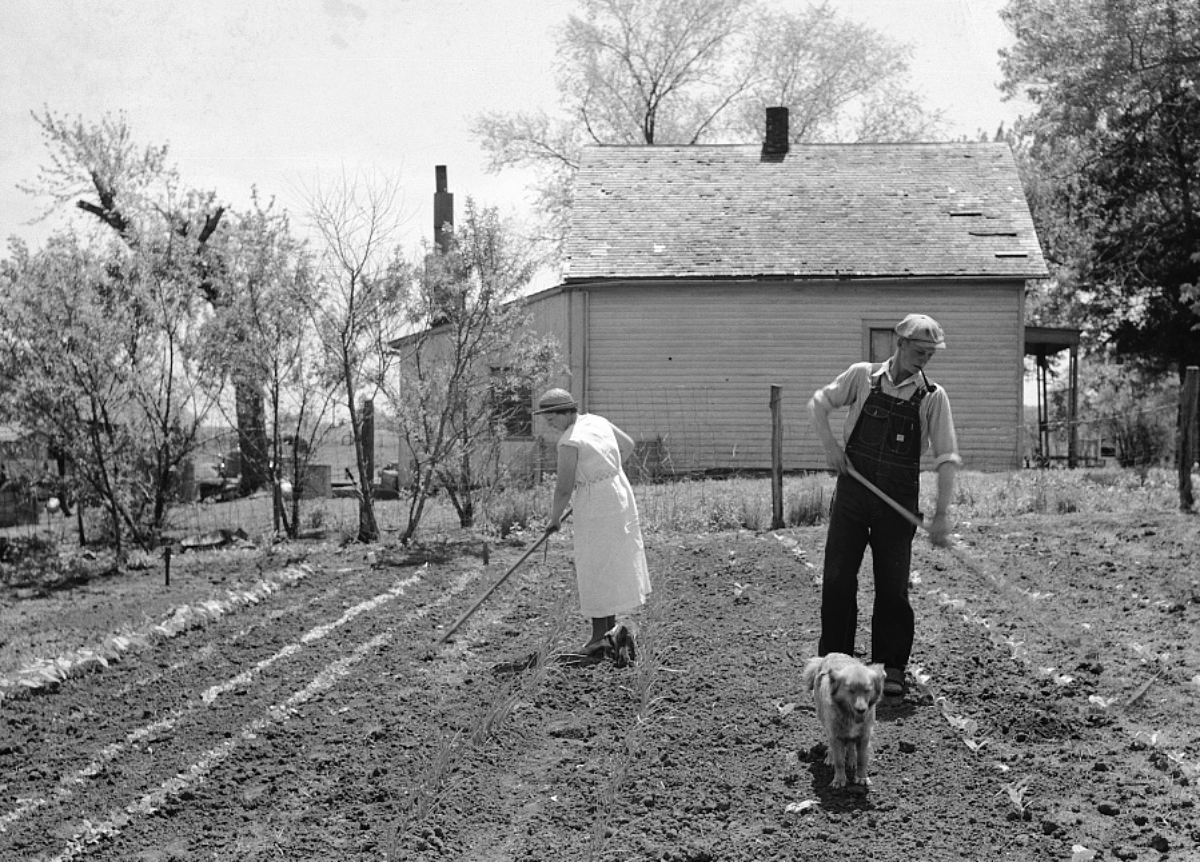
Join a Co-Op
Back in the 1930s farmer co-ops were set up to make sure that all the growers in a given area could have access to groceries. The pooling of money meant that flour or sugar purchased in bulk was then sold to the members at a low rate that reflected the savings.
Co-ops also could be niche markets, such as Kosher co-ops. Decades later health food co-ops began to spring up across the country. Co-ops are still a good way to save money since membership ensures a discount on purchases, though not all areas have these kinds of stores today.
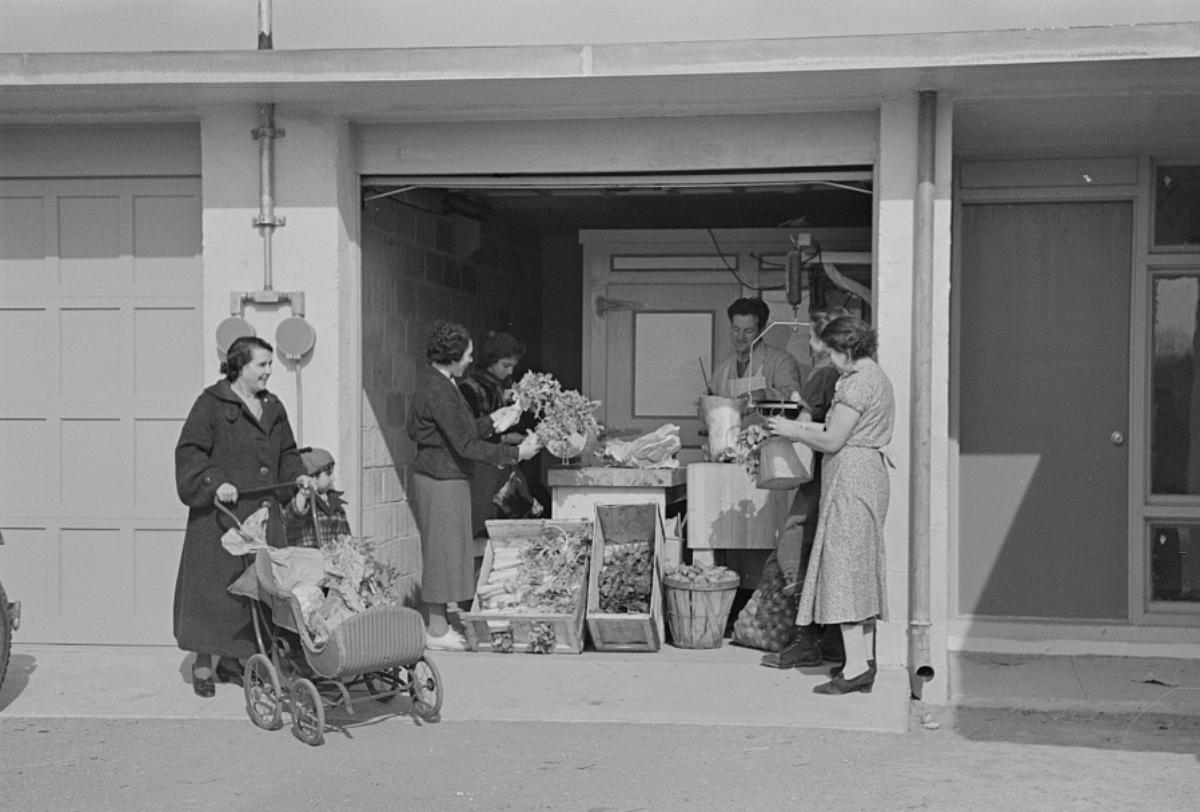
Stick to the List
This one is the most important of all. When you head to the store make sure you stick to what’s on your list as much as is possible. There might be one or two things you remember last minute, but while you’re trying to save money is not the time to go off-script and buy ingredients for meals you haven’t already thought about making. Planning is key in making sure that you only get what you came for and to do that you have to have at least a few meals planned and ingredients accounted for before heading to the shop.
Today’s impulse shopping is a relatively new experience, though there has always been the temptation of sweets by the counter to reckon with. Still, having a list is the best way to make sure your grocery bill doesn’t go over your budget.
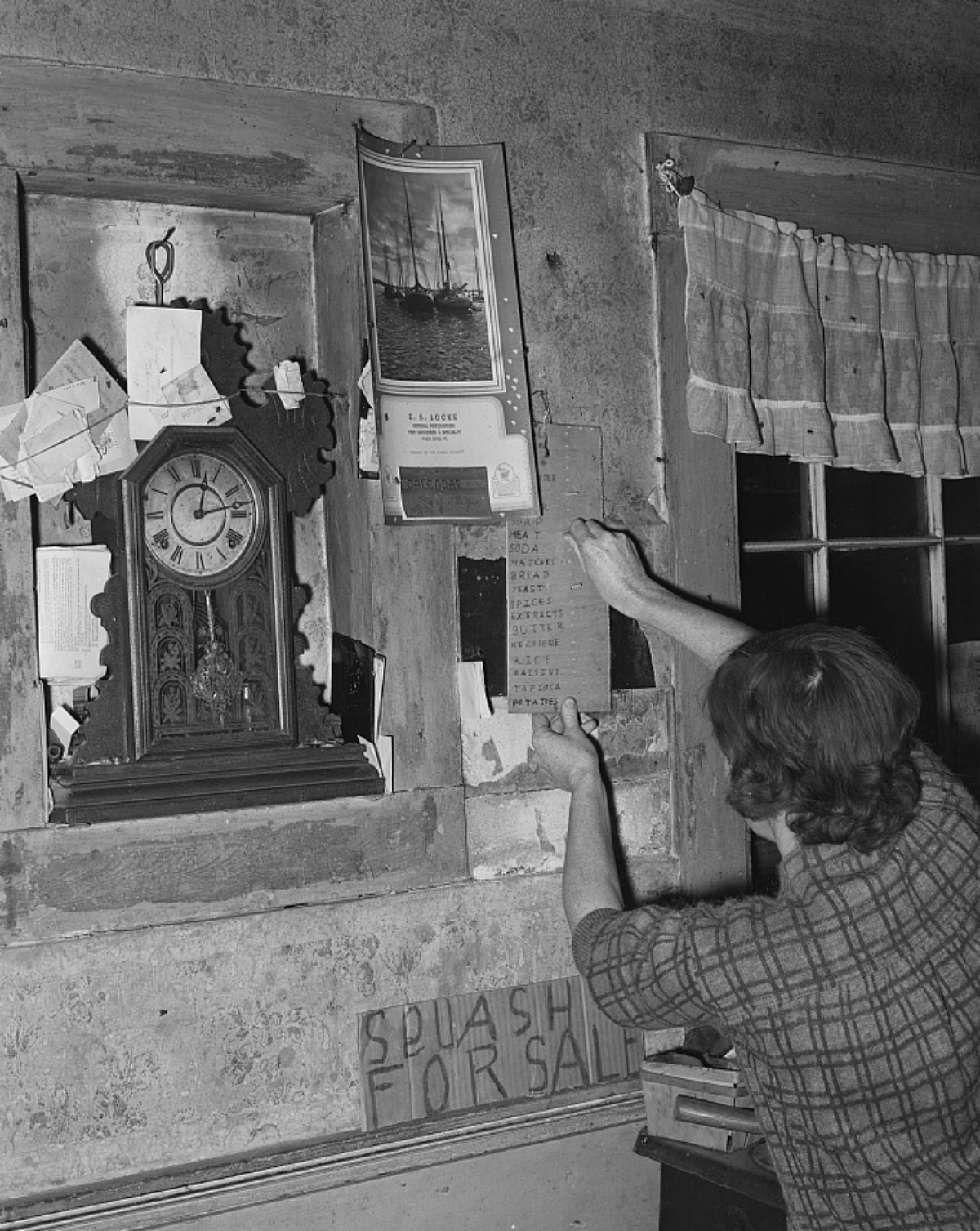
SKM: below-content placeholderWhizzco for DOT

